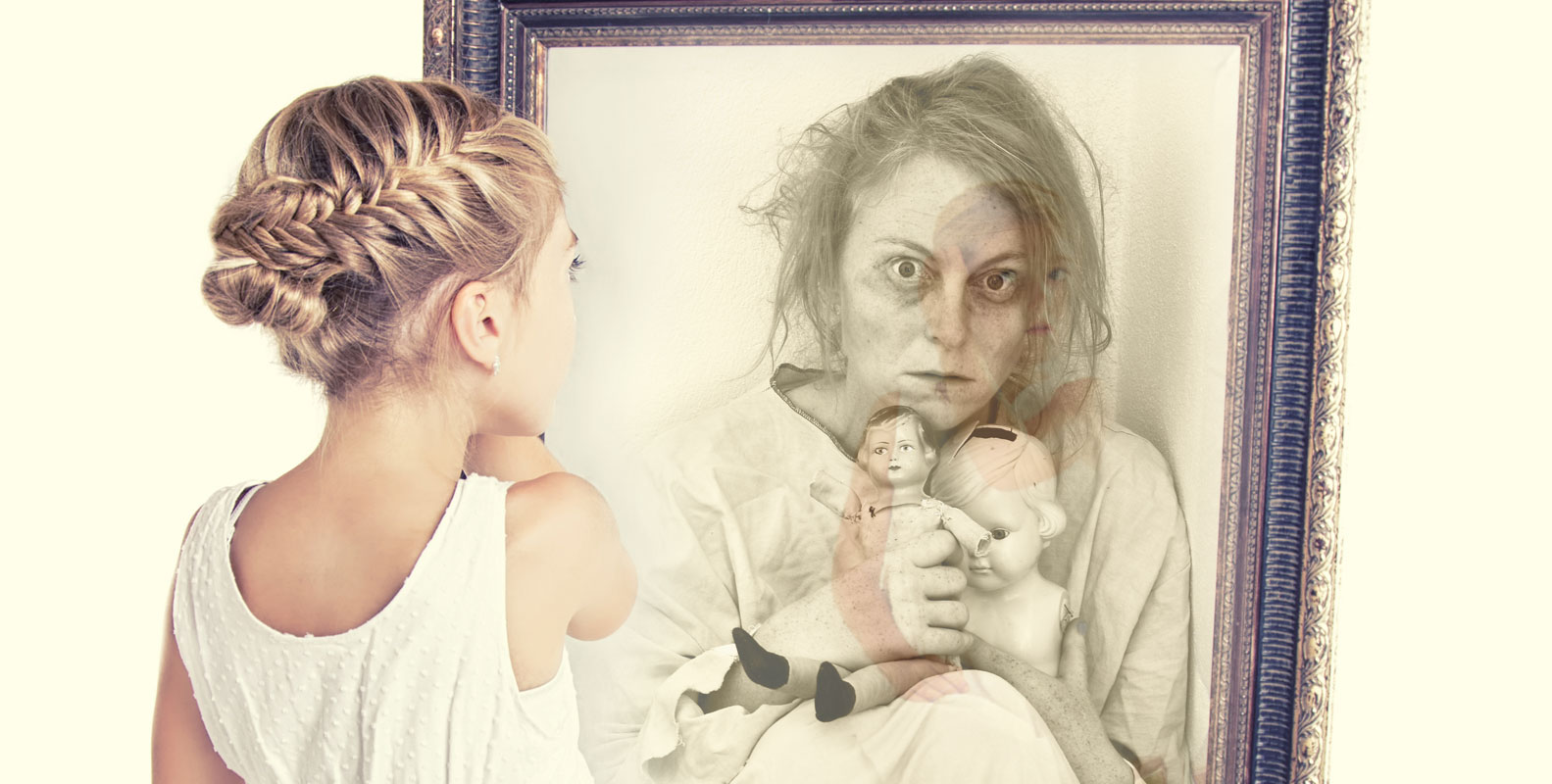
Everyone’s personality is unique. Personalities develop as people go through different life experiences. Most people are flexible enough to learn from past experiences and to change their behaviour when needed. Someone with a personality disorder, however, finds it much harder to control their behaviour. They experience extreme thoughts and feelings – so intense, they have trouble coping with day-to-day life. They act in ways they can’t control, and struggle to relate to situations and people. As a result of these challenges, they often experience significant problems and limitations in their relationships, social encounters, work and schooling.
We don’t yet know exactly what causes personality disorders. However, certain factors can make it more likely that someone develops one. They include:
-
A family history of personality disorders or other mental illnesses
-
Abuse or neglect during childhood
-
An unstable or chaotic family life during childhood
-
Being diagnosed with childhood conduct disorder
-
Loss of parents through death, or a traumatic divorce, during childhood
-
Other significant traumas.
People with a personality disorder don’t choose to feel the way they do, and are in no way responsible for developing the disorder.
Some signs that a person has a personality disorder include:
-
Frequent mood swings
-
Extreme dependence on other people
-
Narcissism
-
Stormy personal relationships
-
Social isolation
-
Angry outbursts
-
Suspicion and mistrust of others
-
Difficulty making friends
-
A need for instant gratification
-
Poor impulse control
-
Alcohol or substance abuse
Don’t be too alarmed if you recognise some of these personality traits in yourself. Everyone has their different personality quirks. In fact, personality disorders aren’t diagnosed until 18 years of age because our personality is in such constant development up to that age. What’s different for people with personality disorders is that their behaviour is extreme – and, usually, they’re unable to adapt to or change it.
The best ways to manage a personality disorder include:
-
Psychological therapy
-
Support from family, friends and the community
-
Medication, in some circumstances.
Personality disorders are difficult to deal with on your own, so if you’re worried about having one it’s a good idea to visit your GP. Seeking professional help is the first step to getting the proper diagnosis and creating a treatment plan that works for you.
Source: ReachOut.com






